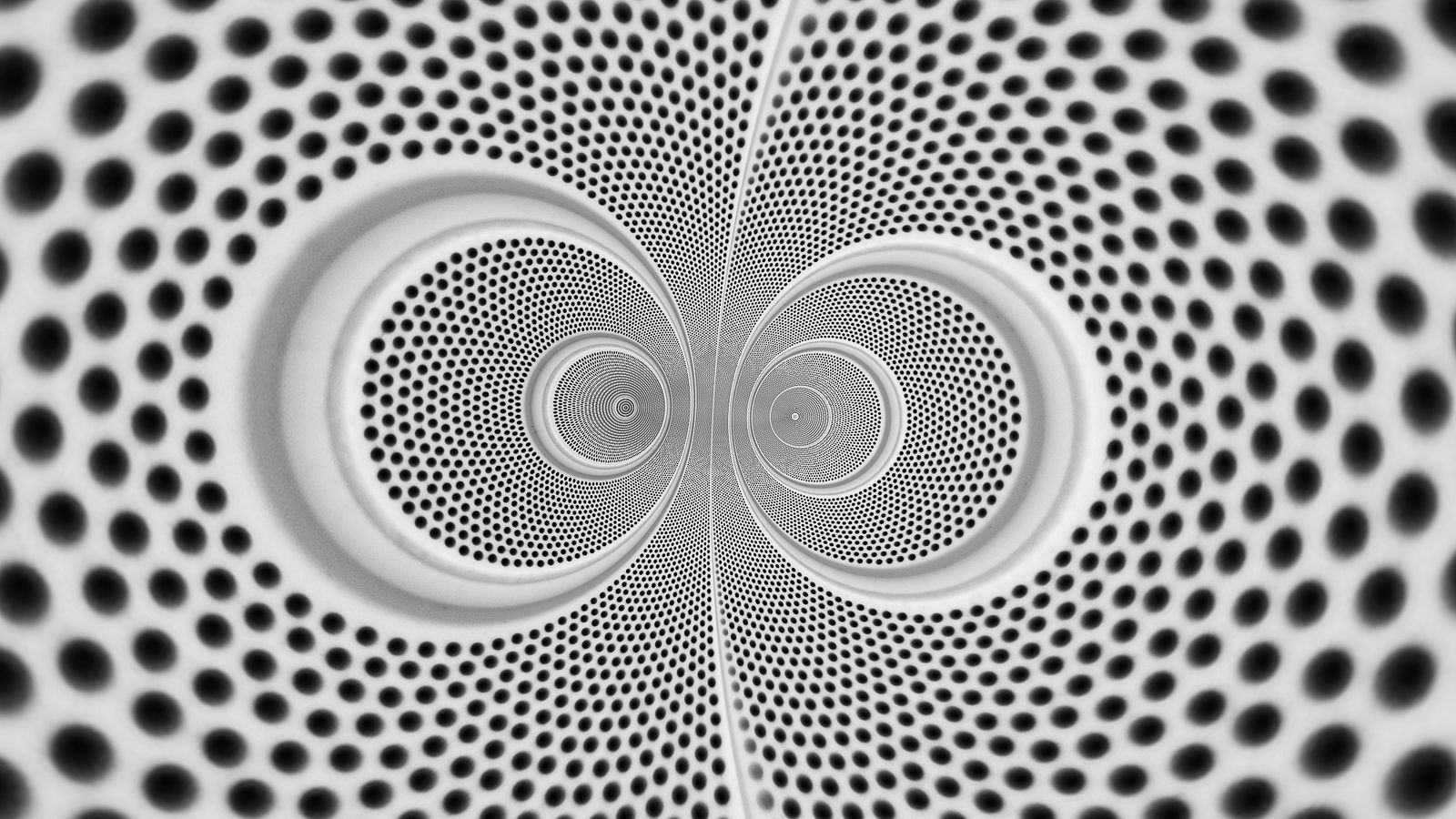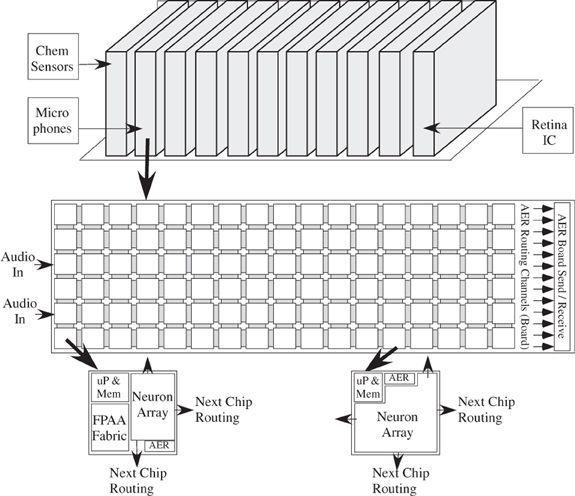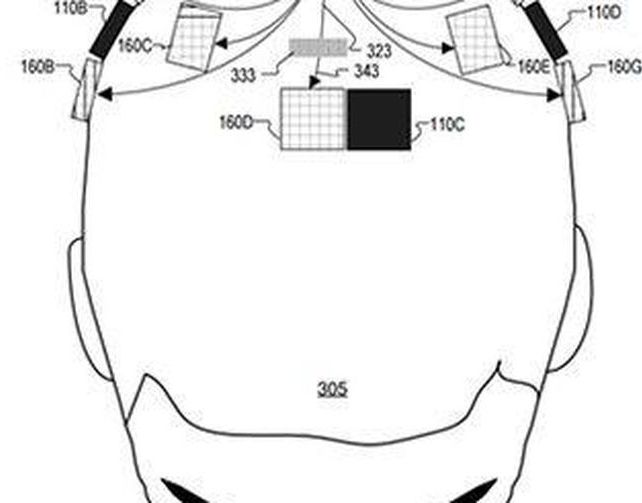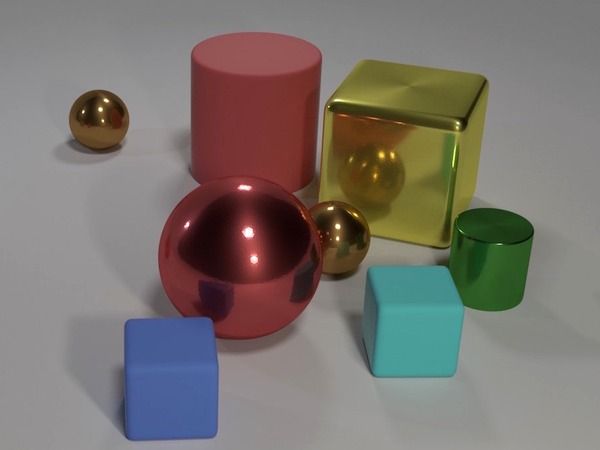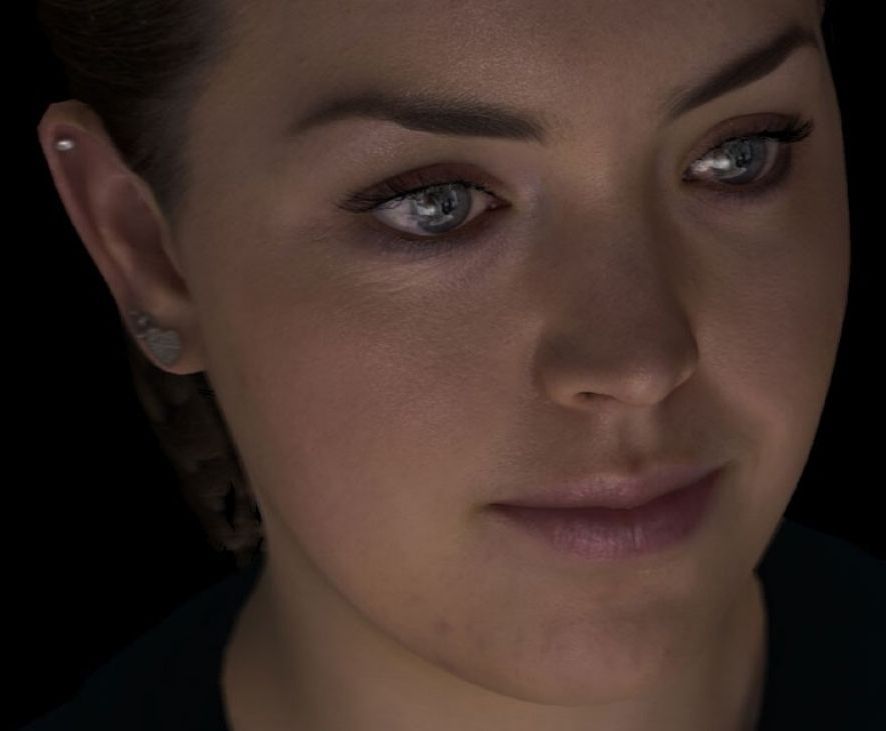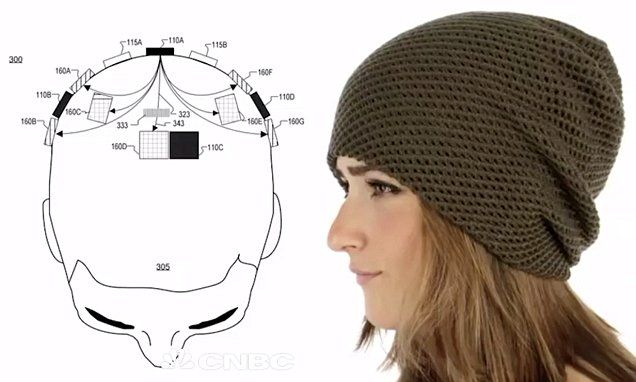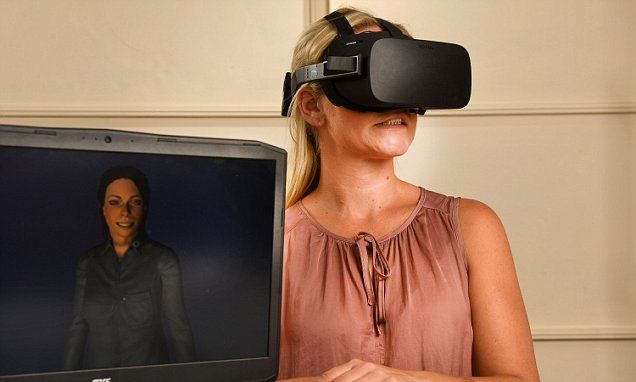Page 10286
Jul 10, 2017
Basic Assumptions of Physics Might Require the Future to Influence the Past
Posted by Andreas Matt in category: quantum physics
One of the most well-accepted physical theories makes no logical sense. Quantum mechanics, the theory that governs the smallest possible spaces, forces our human brains to accept some really wacky, uncomfortable realities. Maybe we live in a world where certain observations can force our universe to branch into multiple ones. Or maybe actions in the present influence things earlier in time.
A team of physicists did some thinking, and realized this latter idea, called retrocausality, is a consequence of certain interpretations of quantum mechanics, and therefore, certain interpretations of the nature of reality. Their new paper is more of a “what-if,” an initial look at how to make some of those quantum mechanical interpretations work. Some people I asked thought the work was important, some thought it didn’t matter. Others felt the authors’ interpretation of quantum mechanics avoids the problems posed by the new paper. But no matter what, quantum mechanics will force us to make some uncomfortable conclusions about the world.
Jul 10, 2017
Poland is about to launch a fake Mars colony on a hilltop
Posted by Klaus Baldauf in categories: habitats, space travel
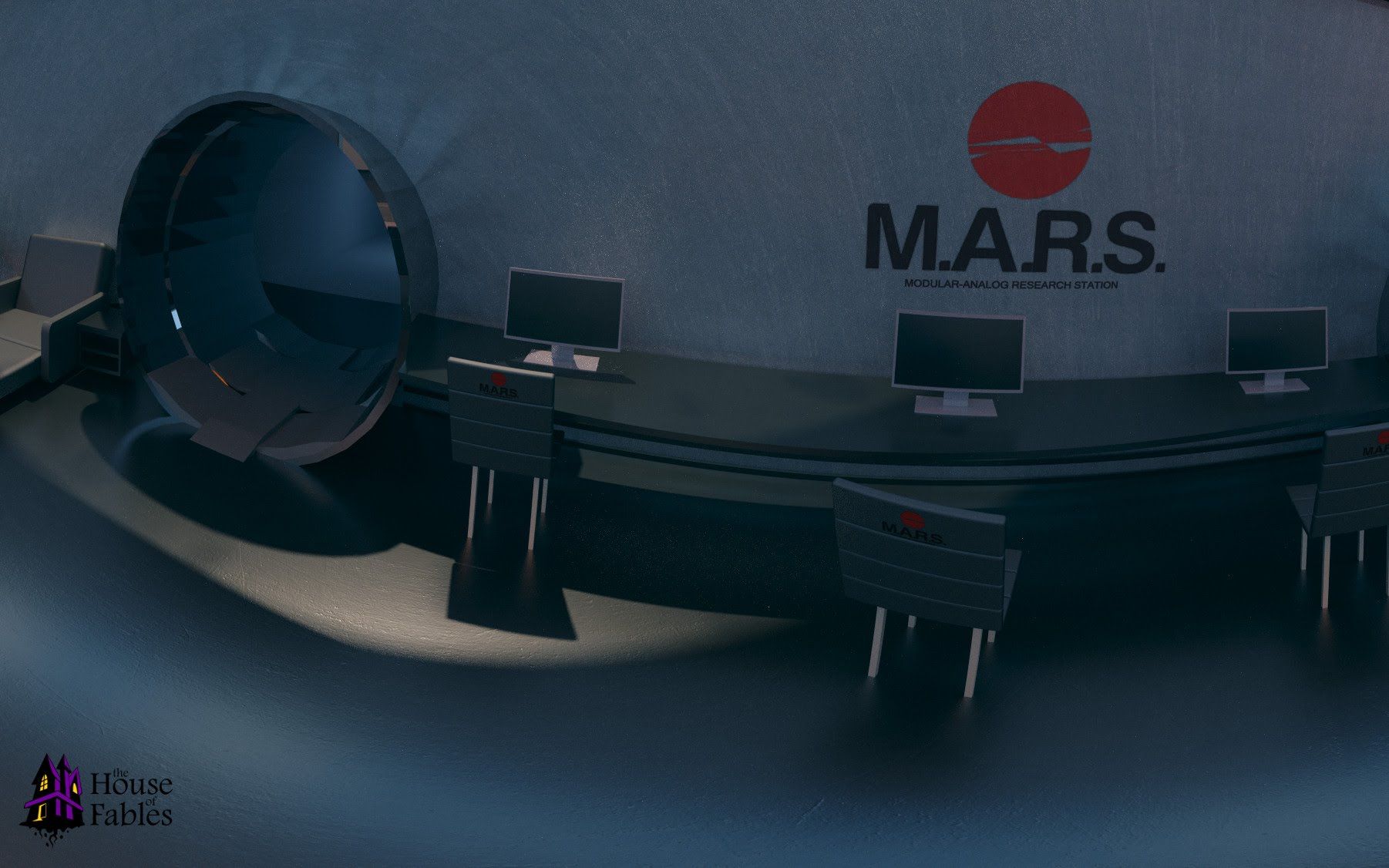
- A group affiliated with the United Nations is launching a fake Mars and moon colony.
- Called M.A.R.S., the faux habitat is located in the remote countryside of southern Poland.
- Six volunteer astronauts will work and live inside M.A.R.S. for two weeks, starting on July 31.
- Organizers hope to use the data and lessons they learn to support real missions to the moon and Mars.
Atop a forested ridge in southern Poland, a mission on the surfaces of both Mars and the moon is about to launch.
The two-week mission is just a simulation, of course, since no entity on Earth is prepared to inhabit deep space. But the experiment — called the Poland Mars Analogue Simulation 2017 — will study a group of six volunteer “analogue” astronauts as they work through a realistic schedule of space exploration, then provide those findings to anyone who’s drawing up crewed missions beyond Earth.
Continue reading “Poland is about to launch a fake Mars colony on a hilltop” »
Jul 9, 2017
Roadmap to human cortex scale neuromorphic hardware
Posted by Klaus Baldauf in categories: biological, computing, neuroscience
It should be possible to build a silicon version of the human cerebral cortex with the transistor technology that was in production in 2013. The resulting machine would take up less than a cubic meter of space and consume less than 100 watts, not too far from the human brain. This article is summarizing the work of Jennifer Hasler and Bo Marr writing in Frontiers of Neuroscience – Finding a roadmap to achieve large neuromorphic hardware systems.
Computational power efficiency for biological systems is 8–9 orders of magnitude higher (better) than the power efficiency wall for digital computation. Analog techniques at a 10 nm node can potentially reach this same level of biological computational efficiency. Figure 1 show huge potential for neuromorphic systems, showing the community has a lot of room left for improvement, as well as potential directions on how to achieve these approaches with technology already being developed; new technologies only improve the probability of this potential being reached.
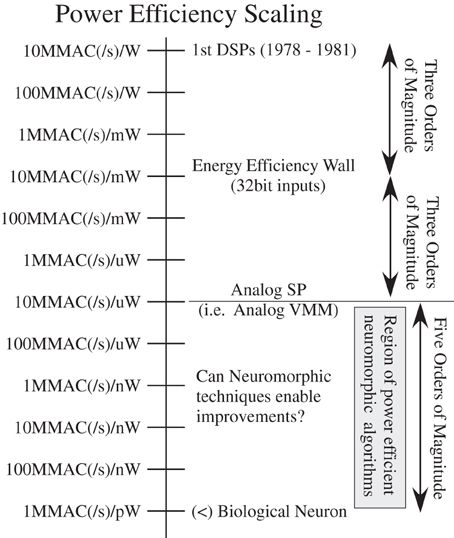
Continue reading “Roadmap to human cortex scale neuromorphic hardware” »
Jul 9, 2017
Former Facebook exec wants to make us telepathic by 2025
Posted by Shane Hinshaw in category: futurism
The founder of a new startup is working on a “thinking cap” that could see inside our minds.
Jul 9, 2017
A neural approach to relational reasoning
Posted by Carse Peel in categories: futurism, robotics/AI
Teaches artificial intelligence superhuman relational reasoning.
A key challenge in developing artificial intelligence systems with the flexibility and efficiency of human cognition is giving them a similar ability — to reason about entities and their relations from unstructured data. Solving this would allow these systems to generalize to new combinations of entities, making infinite use of finite means.
Modern deep learning methods have made tremendous progress solving problems from unstructured data, but they tend to do so without explicitly considering the relations between objects.
Continue reading “A neural approach to relational reasoning” »
Jul 9, 2017
Kiwi startup Soul Machines reveals latest artificial intelligence creation, Rachel
Posted by Carse Peel in categories: entertainment, robotics/AI
A Kiwi company developing artificial intelligence has delivered its latest digital human, called Rachel.
Rachel can see, hear and respond to you.
She is an avatar created by two-time Oscar winner Mark Sagar, who worked on the blockbuster movie of the same name.
Jul 9, 2017
Hankook Tires reveals its vision for the future of transport
Posted by Carse Peel in categories: futurism, innovation
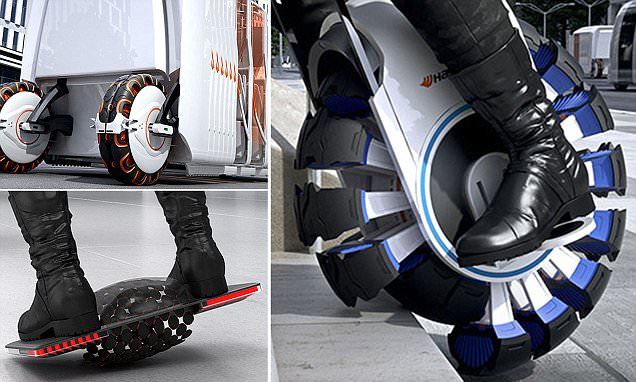
A total of 34 works were submitted as part of Hankook Tires’ Design Insight forum, with five winners chosen.
Mr Seung Hwa Suh, Vice Chairman and CEO of Hankook Tire said: ‘The Design Insight Forum to be held at Hankook Technodome is truly meaningful that one can witness fine works of young designers of the future tire innovation at the new and state-of-the art R&D center, Hankook Technodome.
Continue reading “Hankook Tires reveals its vision for the future of transport” »
Jul 9, 2017
High-tech beanie could allow humans to achieve telepathy in a DECADE
Posted by Carse Peel in categories: biotech/medical, neuroscience
A company is developing a device that can allow people to see inside their brains or bodies in great detail.
The technology, developed by Openwater, works via a piece of clothing such as ski-hat lined with LCDs – and, illuminated with infrared, it can see into your body to look for things such as tumors and bleeding or clogged arteries.
While the technology has significant potential for disease detection, the company’s ultimate aim is to develop it for communication via thought — in just eight years.
Continue reading “High-tech beanie could allow humans to achieve telepathy in a DECADE” »
Jul 9, 2017
Virtual reality goggles that could help facial paralysis patients
Posted by Carse Peel in categories: biotech/medical, computing, virtual reality
Facial paralysis suffered by thousands of Britons is being treated by pioneering NHS specialists with virtual-reality computer game-style technology.
The therapy could be used to help patients who find it too traumatic to look at their own ‘changed’ reflections after the paralysis.
The virtual-reality (VR) goggles encourage sufferers to carry out the regular facial exercises needed to regain muscle function – with the wearer watching an avatar’s face doing the exercises rather than their own.
Continue reading “Virtual reality goggles that could help facial paralysis patients” »

